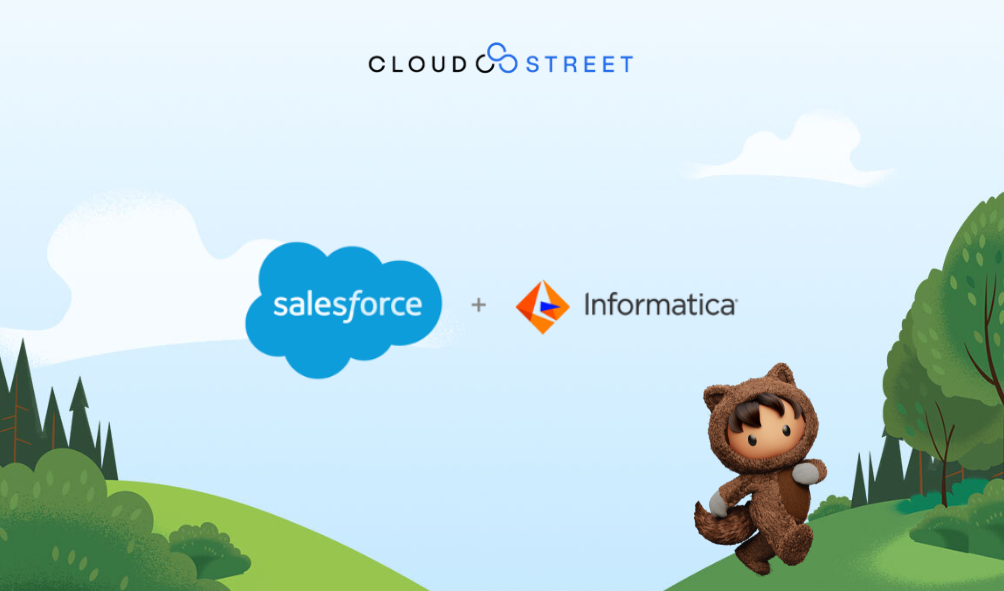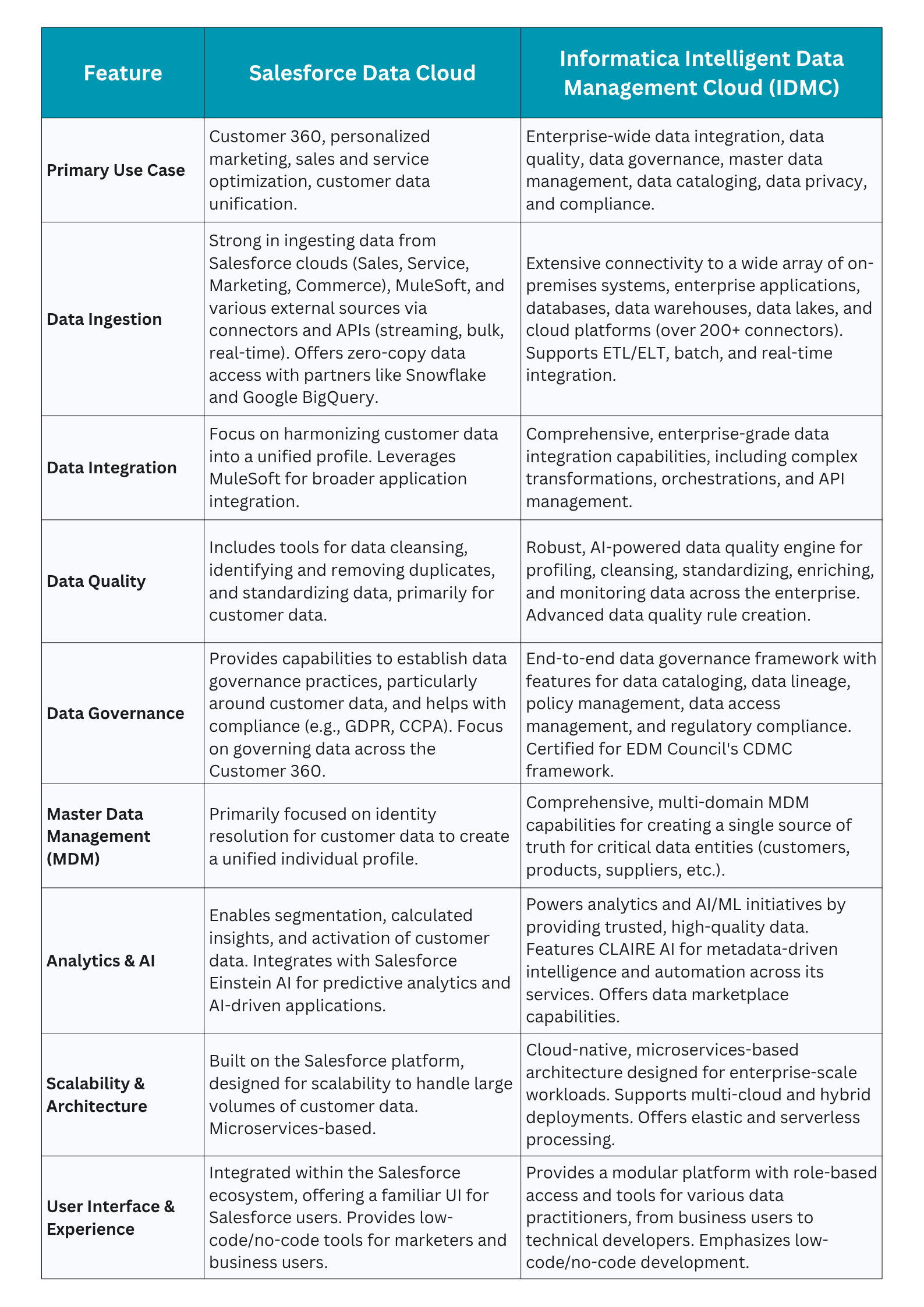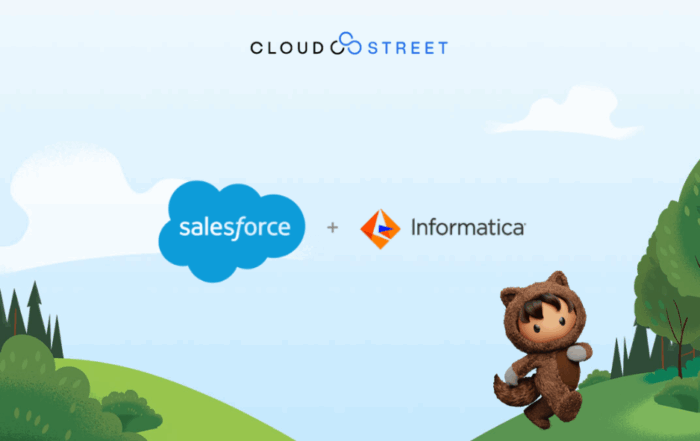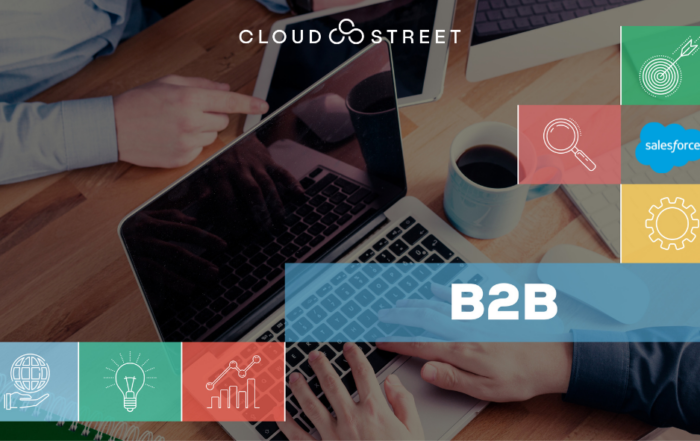Salesforce Data Cloud vs. Informatica Intelligent Data Management Cloud: A Comparative Analysis

Salesforce Data Cloud vs. Informatica Intelligent Data Management Cloud: A Comparative Analysis
In today’s data-driven landscape, organizations are increasingly relying on robust data management platforms to unify, govern, and activate their data assets.1 Two prominent players in this market are Salesforce Data Cloud and Informatica Intelligent Data Management Cloud (IDMC). While both aim to help businesses leverage their data more effectively, they approach this goal with different strengths and target use cases. This article provides a comparative analysis of these two platforms.
Recent Development: Salesforce to Acquire Informatica
It’s crucial to note that as of late May 2025, Salesforce announced a definitive agreement to acquire Informatica.2 This pending acquisition, expected to close in early fiscal 2027, will undoubtedly lead to a tighter integration and a more unified product offering in the future, combining Informatica’s deep data management capabilities with Salesforce’s extensive CRM and AI ecosystem.3 However, for the purpose of this comparison, we will analyze them as distinct, albeit soon-to-be-converging, platforms.
Core Focus and Target Audience
Salesforce Data Cloud is primarily focused on creating a unified 360-degree view of the customer (Customer 360). Its core strength lies in consolidating customer data from various touchpoints, including sales, service, marketing, and commerce, predominantly within the Salesforce ecosystem but also from external sources.4 The platform is designed to empower marketers, sales teams, and service agents with a comprehensive understanding of their customers to personalize experiences, drive engagement, and improve customer lifecycle management.5 Its target audience typically includes:
-
Marketing professionals seeking to segment audiences, personalize campaigns, and measure marketing ROI.
-
Sales teams aiming to gain deeper customer insights for more effective selling.6
-
Service agents needing a complete customer history to provide better support.7
-
Businesses heavily invested in the Salesforce ecosystem.
Informatica Intelligent Data Management Cloud (IDMC), on the other hand, offers a broader, more enterprise-wide approach to data management.8 It provides a comprehensive suite of services for data integration, data quality, data governance, master data management (MDM), data privacy, and data cataloging across an organization’s entire data landscape, regardless of where the data resides (on-premises, cloud, multi-cloud, or hybrid environments). IDMC is geared towards:
-
Data governance and compliance teams focused on ensuring data accuracy, security, and regulatory adherence.
-
Data engineers and IT professionals responsible for building and maintaining data pipelines and infrastructure.9
-
Business analysts and data scientists who require trusted, high-quality data for analytics and AI initiatives.
-
Large enterprises with complex, heterogeneous data environments.
Key Capabilities

Similarities
-
Cloud-Native: Both platforms are built as cloud-native solutions, offering scalability, flexibility, and accessibility.
-
AI-Powered: Both leverage Artificial Intelligence and Machine Learning to automate processes, derive insights, and enhance data management capabilities (Salesforce Einstein AI and Informatica CLAIRE AI).10
-
Data Unification: A core goal for both is to break down data silos and create a more unified view of data, although their scope of “data” differs.
-
Focus on Actionable Data: Both platforms aim to make data not just managed, but also actionable for business users and applications.
-
Low-Code/No-Code Emphasis: Both are increasingly offering low-code/no-code interfaces to empower a broader range of users.
Differences
-
Breadth vs. Depth in Customer Data: Salesforce Data Cloud goes very deep into unifying and activating customer data specifically for CRM-related outcomes.11 Informatica IDMC offers a broader set of data management capabilities across all enterprise data domains.12
-
Primary Beneficiary: Salesforce Data Cloud primarily benefits customer-facing teams (marketing, sales, service).13 Informatica IDMC serves a wider range of stakeholders, including IT, data governance, compliance, and analytics teams across the enterprise.
-
Ecosystem Integration: Salesforce Data Cloud is inherently tightly integrated with the Salesforce ecosystem.14 Informatica IDMC is designed to be a more neutral, cross-platform solution, connecting to a vast array of third-party systems.15 (Though the acquisition will likely blur this line).
-
MDM Scope: Salesforce Data Cloud’s identity resolution is a form of customer MDM.16 Informatica IDMC provides true multi-domain MDM for various critical business entities.17
-
Data Governance Rigor: While Salesforce Data Cloud offers data governance for customer data, Informatica IDMC provides a more comprehensive and traditionally robust enterprise data governance framework.
Conclusion: Choosing the Right Platform (Pre-Acquisition Context)
Historically, the choice between Salesforce Data Cloud and Informatica IDMC would depend heavily on an organization’s primary objectives and existing data landscape:
-
For organizations heavily invested in the Salesforce ecosystem and whose primary goal is to achieve a 360-degree view of their customers to enhance marketing, sales, and service effectiveness, Salesforce Data Cloud would be a natural fit.18 Its strength lies in leveraging customer data within the Salesforce environment to drive personalized engagement and improve the customer journey.
-
For organizations needing a comprehensive, enterprise-wide data management strategy that encompasses robust data integration, quality, governance, and master data management across diverse and complex data sources (both cloud and on-premises), Informatica IDMC would be the more suitable choice. It provides the foundational layer of trusted data necessary for broad business intelligence, advanced analytics, AI initiatives, and stringent compliance requirements.
Post-Acquisition Outlook:
The upcoming acquisition of Informatica by Salesforce signals a significant shift. The combination is poised to create an incredibly powerful and comprehensive AI CRM platform, deeply integrated with enterprise-wide data management capabilities.19 Existing and prospective customers can anticipate a future where the lines between these two platforms blur, offering a more unified solution that leverages the strengths of both: Salesforce’s customer-centric applications and AI, and Informatica’s deep expertise in managing and governing all types of enterprise data. This will likely result in a more formidable offering that addresses a wider spectrum of data challenges, from customer-specific insights to enterprise-scale data governance and AI readiness.
Discover insights that drive results - explore out latest blog posts now
Salesforce Data Cloud vs. Informatica Intelligent Data Management Cloud: A Comparative Analysis
Salesforce Data Cloud vs. Informatica Intelligent Data Management Cloud: [...]
Unlocking B2B Success with Salesforce Experience Cloud
Unlocking B2B Success with Salesforce Experience Cloud In today’s [...]
Future-Ready: How AI is Shaping the Mid-Market Manufacturing Landscape
Future-Ready: How AI is Shaping the Mid-Market Manufacturing Landscape [...]


